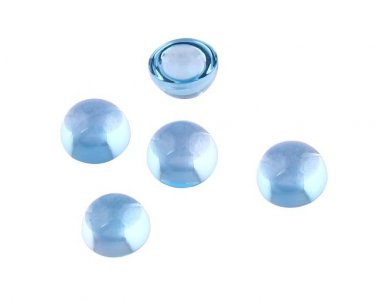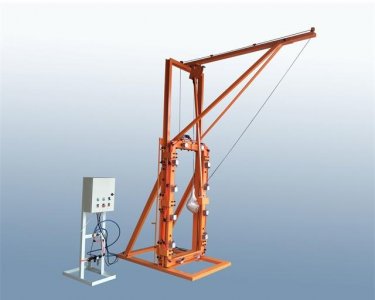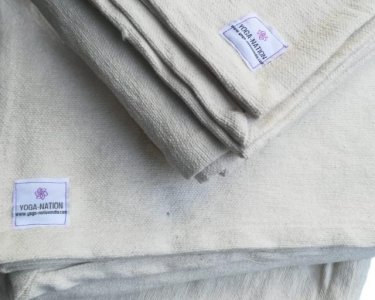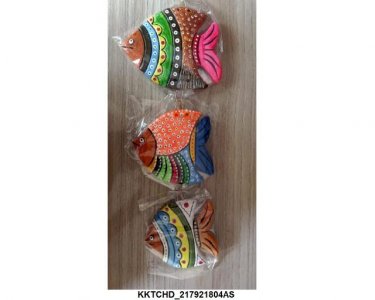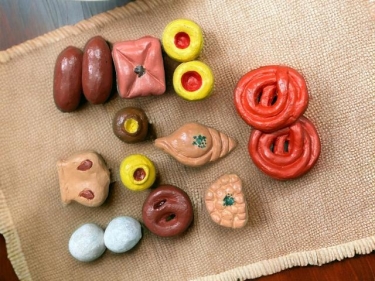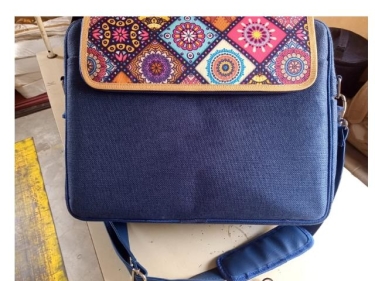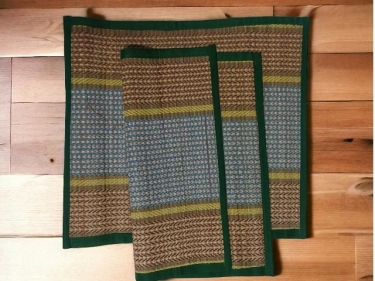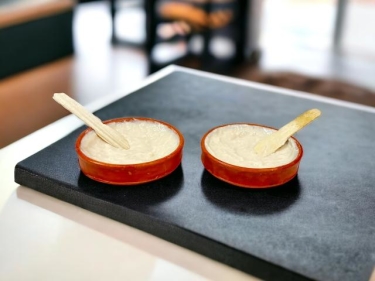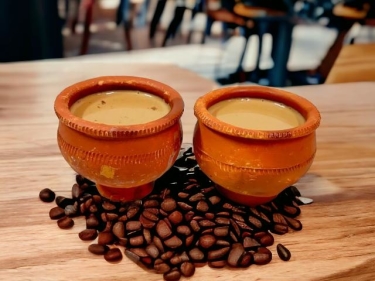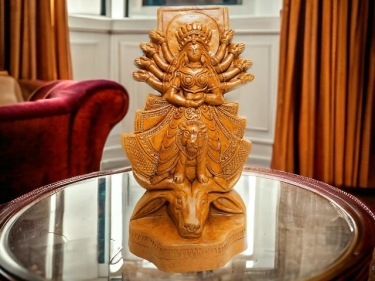Search Results for "pitcairn islands" in "Pitcairn Islands" on Export Portal
Active Filters
-
Keywords:
-
Country:
- Clear all
New Search
Couldn't find the product you want?
Fill out this form to request the product.
Exports
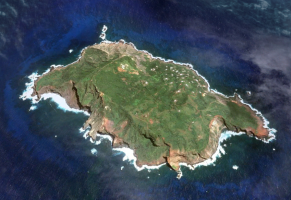
The Pitcairn Islands or officially Pitcairn, Henderson, Ducie and Oeno Islands are a group of four volcanic islands in the southern Pacific Ocean that form the last British Overseas Territory in the Pacific. The islands created the strong economy in 1937, when the territory became the British colony.
Agriculture is the main source of income for the islands. The fertile soil of the Pitcairn valleys, such as Isaac's Valley on the gentle slopes southeast of Adamstown, produces a wide variety of fruits for export: including bananas, papaya, pineapples, mangoes, watermelons, cantaloupes, passion-fruit, breadfruit, coconuts, avocados, and citrus (including mandarin oranges, grapefruit, lemons and limes). Vegetables include: sweet potatoes, carrots, sweet corn, tomatoes, taro, yams, peas and beans. Arrowroot and sugarcane are grown and harvested to produce arrowroot flour and molasses. The Pitcairn Island is remarkably productive and its benign climate supports a wide range of tropical and temperate crops.
Fish, crustaceans and aquatic invertebrates are plentiful in the seas around Pitcairn. Spiny lobster and a large variety of fish are caught for meals and for exporting aboard. Almost every day someone will go fishing, whether it is from the rocks, from a longboat or diving with a spear gun. There are numerous types of fish around the island. Some of them are: nanwee, white fish, moi and opapa, snapper, big eye and cod.
A range of minerals, including manganese, iron and steel, copper ore, gold, silver and zinc have been discovered within the Exclusive Economic Zone and now are exported on the international market, giving the possibility to the Pitcairn Islands to compete with the world’s largest exporters of minerals.
The top export destinations of the Pitcairn Islands are the United States, the Netherlands, India, Colombia and France.
Customs requirements of Pitcairn Islands
Pitcairn Islands Cutoms Office
Website: http://www.government.pn/index.php
Email: admin@pitcairn.gov.pn
Address: P.O. Box 105 696 , Auckland, New Zealand
Phone: +64 9 366 0186
Fax: +64 9 366 0187
Pitcairn Islands Cutoms Office is the one responsible for establishing customs standards in the country. The main responsibilities of this office are the following:
- promoting trade - by developing common industrial standards;
- reducing waste - by simplifying production and distribution;
- protecting the consumer - through the use of licensed marks to identify conformity to standards.
There are many cottage industries on Pitcairn that export goods internationally. Products range from caps, t-shirts, jewelery, carvings, stamps, postcards, books, handmade soaps and cosmetics, coffee, dried fruit, tapa cloth and of course Pitcairn’s gold star award winning pure tropical honey. The inhabitants of this tiny isolated economy exist on fishing, subsistence farming and handicrafts.
Tariffs
Some of the tariffs are the following:
- textiles (silk, wool, cotton, vegetable fiber) – tariff rate 15%;
- apparel, home furnishing - tariff rate 15%;
- carpets and footwear - tariff rate 15%;
- vegetables (bulbs, tubers, tuberous roots, corms, crowns and rhizomes, dormant, etc.) - tariff rate is free;
- fruits (bananas, coconuts, citrus plants) - tariff rate 15 %;
- nuts - tariff rate 45 %;
- oil seeds, soya bins, copra - tariff rate 15 %;
- sugar cane - tariff rate 35 %.
Labeling
The exported or imported products are obliged to have the following information on their labels:
- name, trade name or description;
- name and complete address of manufacturer/packer, importer, country of origin of the imported food;
- net weight, number or volume of contents in metric units;
- distinctive batch, lot or code number;
- month and year of manufacture and packaging;
- month and year by which the product is best consumed;
- information about pharmaceutical and industrial products must be in English;
- if food products have been genetically modified (GM) this must be indicated in the label.
Documentation
Basic import documentation required by the Pitcairn Islands Customs office includes:
- Import Declaration (prepared and signed by a customs broker);
- Commercial Invoice (original plus four copies to be presented in English);
- Airway Bill;
- Bill of Lading (to be presented in triplicate);
- Commercial license number;
- Phytosanitary Certificate and previous authorization from the Pitcairn Islands Food Safety Authority;
- Certificate of Free Sale (if required);
- Certificate of Origin (in the case of application for duty free treatment).
Sources:











